

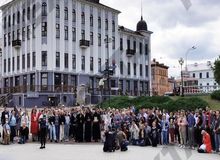
The main evangelical churches release a joint statement calling Christians “to unite in prayer for our country [...] our hope is the Lord Jesus Christ”.

The new law will criminalise any discrimination because of sexual orientation. “We do not agree with the President's Penal Code”, a Haitian pastor says.

He died after more than 40 days on a hunger strike. “State Security does not allow some opponents to attend the funeral”, a friend says.

Spain, the UK, Italy, Turkey, France and Germany are the European countries with more cases, which are spreading among younger people.

The perspectives of Christian leaders from Peru, Argentina, Spain.

The Court ratifies that the retired pastor should not receive the full pension, because “he did not demonstrate the development of a pastoral activity in a stable and remunerated way”

The involvement of James I. Packer with the Evangelicals and Catholics Together initiative has puzzled many of his admirers.

A report of the Evangelical Alliance of Sri Lanka warns that law enforcement and judicial systems have not always “provided relief” in cases of discrimination.

Many inside and outside Israel raised their voices against the plan. Israeli evangelicals “do not see as part of our call to make political statements of any kind”.

“The distinction between believer and disciple is something that we have made up”, Greg Ogden, leader of the Global Discipleship Initiative, points out.
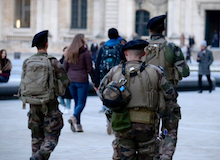
“Europe is the world’s most peaceful region”, Global Peace Index says. “As Christians, our contribution to peace is to be a reflection of Jesus”, the leader of Anabaptists and Mennonites in Spain, says.

Practical considerations for building trust in partnerships.
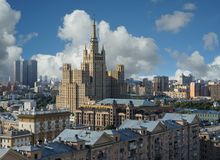
“Only Russians and those who live permanently and legitimately on Russia can be active in religious groups", the bill recently presented in the Parliament states.

Around 100 cars participate, with an estimated total of 300 people, who “got together safely, sang some songs and heard about the good news of Jesus”.

The time of crisis is inevitably also a time of opportunity for reconciliation, mediation and a new start.

The government control raised during coronavirus “in order to limit, if not extinguish, Christian practice”, Christian assosiations denounce.

“Surrogacy is a serious violation of the rights of the child”, the French Evangelical Committee for Human Dignity says to UN Committee on the Rights of the Child.

Around 88 entities might close because of the economic impact of the pandemic. The Bible Society in England has launched a £5m plan, to save those most at-risk.

A Pew Research Center survey shows that “people in emerging economies tend to be more religious and to say that belief in God is necessary to be moral”.

A letter sent to all political parties asks politicians to resist the pressure of the “prostitution lobby”. In times of Covid-19, authorities should protect vulnerable women and implement the “Nordic model”.
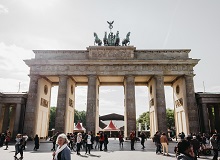
A survey shows that 57% of evangelicals often do notfreely express their opinions.
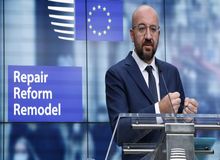
Italy and Spain will be the main recipients of the grants. The biggest joint borrowing ever agreed by the EU came after almost five days of tense talks.

A research of the Institute for Health Metrics and Evaluation forecasts world population to shrink after mid-century. “The solution are open migration policies and social measures to support families”.
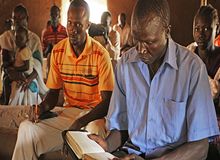
Sudanese government also bans female genital mutilation. The WEA encourages Sudan to take more measures to enshrine human rights and religious freedom.

The US Commission for International Religious Freedom asks for the release of pastor Jesus Quinones, and the right of Cuban parents to “raise their children pursuant to their own faith”.

Las opiniones vertidas por nuestros colaboradores se realizan a nivel personal, pudiendo coincidir o no con la postura de la dirección de Protestante Digital.